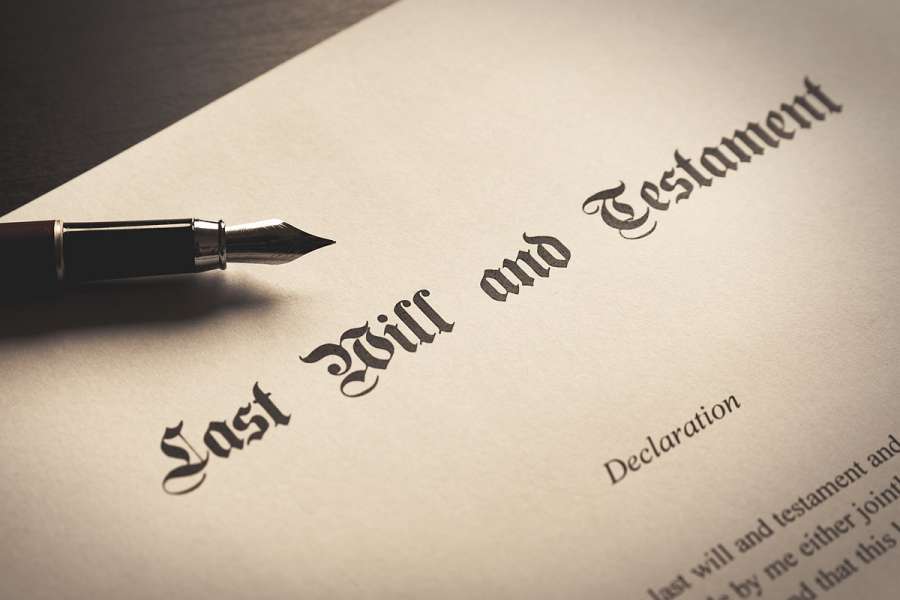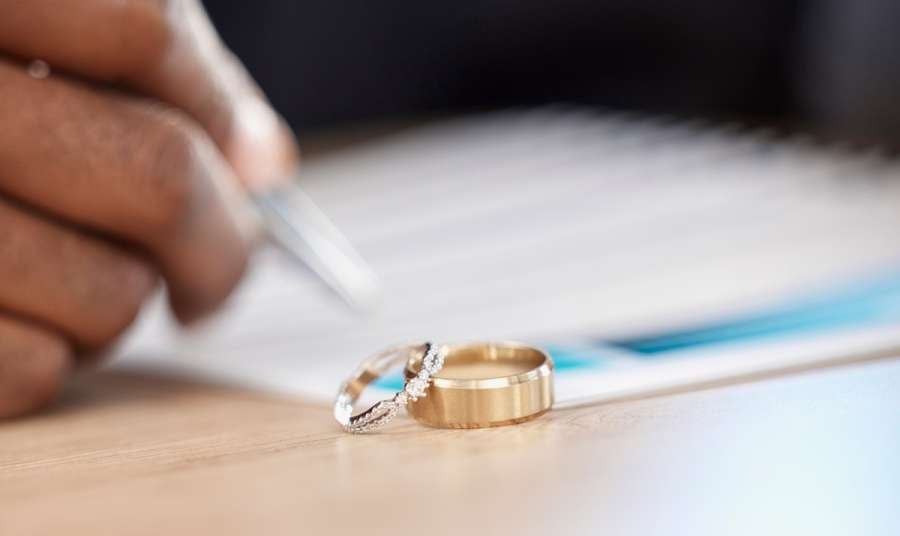Contemplating marriage can be a joyous time.
Amidst the excitement of scouting out venues and cake tasting, it can be all too easy for the happy couple to neglect less-romantic considerations such as Wills and estate planning.
Marriage holds weighty legal implications in this area, which should not be overlooked.
This is also true of divorce, one of life’s most stressful events during which a Will is often low on the priority list.
It is critical to understand how these major life events can affect estate planning decisions, and to plan accordingly.
Myerson’s Wills, Trusts and Probate team explore this in greater detail below.







